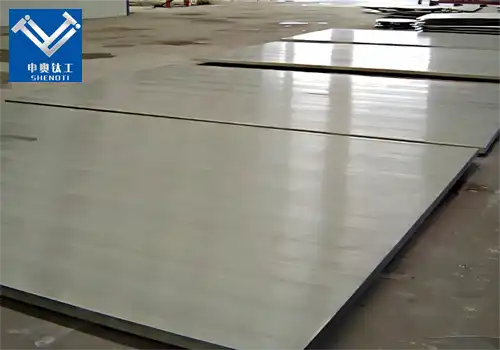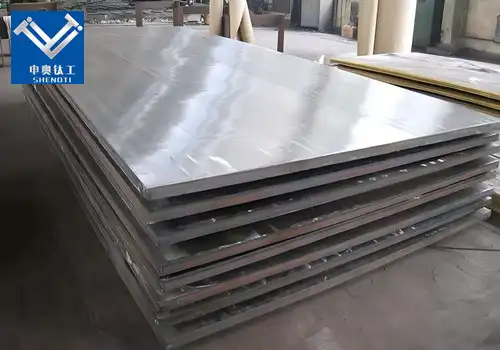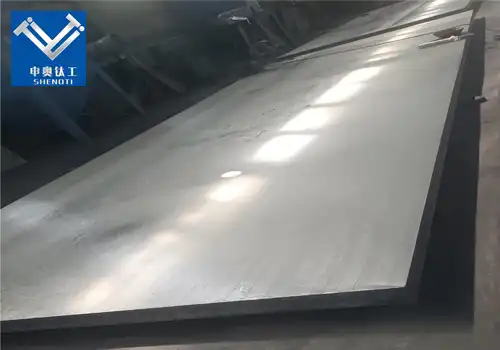
In Which Industries Are Titanium Alloy Clad Plates Mainly Used?
2025-04-26 09:57:54
In Which Industries Are Titanium Alloy Clad Plates Mainly Used?
Titanium alloy clad plates, combining the corrosion resistance of titanium with the strength and cost-effectiveness of steel, have become indispensable in various industries. Their unique properties make them suitable for applications where durability, resistance to harsh environments, and structural integrity are paramount.
What Are the Primary Applications of Titanium Clad Plates?
Titanium clad plates are utilized across multiple sectors due to their exceptional characteristics:
Petrochemical Industry: Used in equipment such as distillation columns, reactors, and heat exchangers, where resistance to corrosive substances is crucial.
Power Generation: Employed in flue gas desulfurization systems, condensers, and heat exchangers, particularly in coal-fired and nuclear power plants.
Salt Production: Ideal for evaporator shells in salt-making equipment, preventing scale buildup and corrosion.
Metallurgy: Applied in hydrometallurgical processes for pressure acid leaching of various ores.
Marine Engineering: Used in shipbuilding and desalination plants due to their resistance to seawater corrosion.
Aerospace: Utilized in aircraft components and spacecraft for their high strength-to-weight ratio and corrosion resistance.
Medical and Healthcare: Found in medical devices and implants, benefiting from titanium's biocompatibility.
Architectural Applications: Used in building facades and roofing, especially in coastal areas, for their aesthetic appeal and durability.
Automotive Industry: Applied in exhaust systems and structural components of high-performance vehicles.
Water Treatment: Employed in wastewater treatment plants for equipment handling corrosive substances.
How Do Titanium Clad Plates Enhance Equipment Longevity?
The integration of titanium's corrosion resistance with steel's structural strength results in equipment that withstands harsh environments, reducing maintenance costs and downtime. For instance, in power plants, titanium clad plates in condensers and heat exchangers resist corrosion from flue gases and seawater, extending service life.
What Are the Cost Benefits of Using Titanium Clad Plates?
While pure titanium is expensive, cladding it onto steel substrates offers a cost-effective solution without compromising on performance. This composite approach reduces material costs while providing the necessary corrosion resistance and mechanical strength.
Contact Us
For more information on titanium clad plates and their applications, please contact us at:
Email: zh@baojiti.com.cn
Our team is ready to assist you with your material needs and provide expert guidance tailored to your industry requirements.














